The import of petrol has decreased by one billion liters within the span of seven months
After President Bola Tinubu removed fuel subsidies in June, the monthly import of petrol in the country decreased by approximately 1 billion liters, as per a report by the National Bureau of Statistics.
In January 2023, the country imported 2.09 billion liters of fuel, followed by 1.99 billion litres in February. The figures for March, April, and May were 2.29 billion litres, 1.91 billion litres, and 2.01 billion litres, respectively.
Tinubu's removal of the subsidy on Premium Motor Spirit on May 29 had a significant impact on the product's importation in the subsequent month.
Our correspondent noted a decline in the importation of Premium Motor Spirit (PMS) in June, the first month after the subsidy removal, with a quantity of 1.64 billion litres. This downward trend continued in July, further reducing imports to 1.45 billion litres. In August, the import of petrol decreased to 1.09 billion litres, marking a year-on-year reduction of over 1 billion litres from the 2.23 billion litres imported in August 2022.
The NBS report revealed that Nigeria did not produce a single litre of Premium Motor Spirit (PMS) locally in 2021, 2022, and the first half of 2023 due to non-functional oil refineries. Diesel and kerosene, however, were locally produced during this period. In the first half of 2023, PMS truck out was 11.48 billion litres, reflecting a 5.83% decrease compared to 12.19 billion litres in the same period of 2022. Local production figures for kerosene and Automotive Gas Oil (diesel) showed an increase, with 26.07 million litres of kerosene and 55.48 million litres of diesel produced in H12023. Despite the overall increase in PMS imports to 11.94 billion litres in H12023, the decline in June, July, and August highlighted the impact of the subsidy removal, with the Nigerian National Petroleum Company being the sole fuel importer at present.


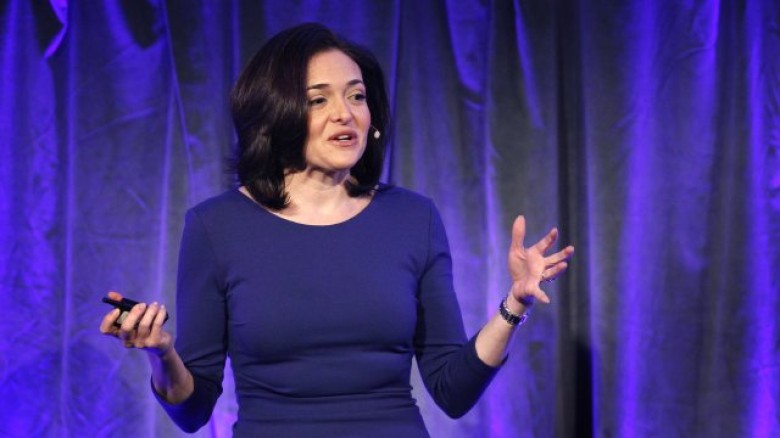

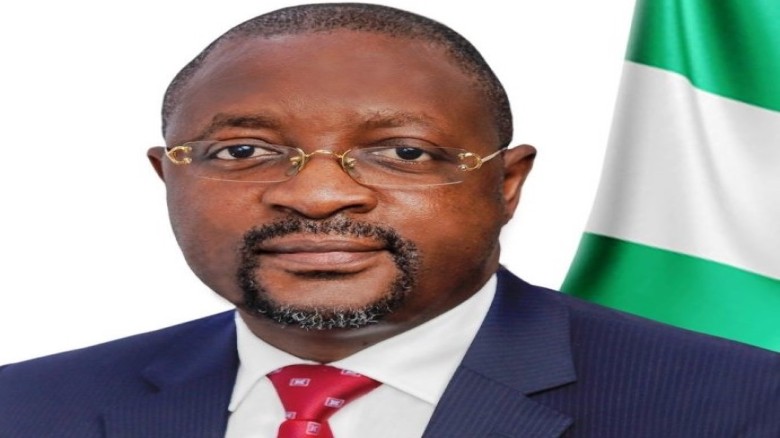



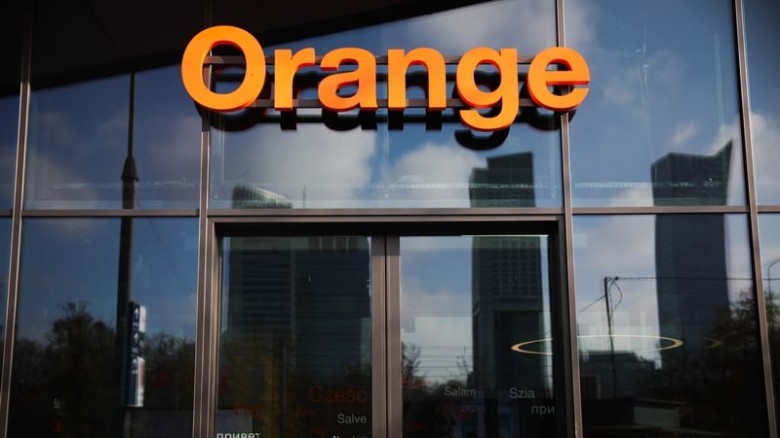
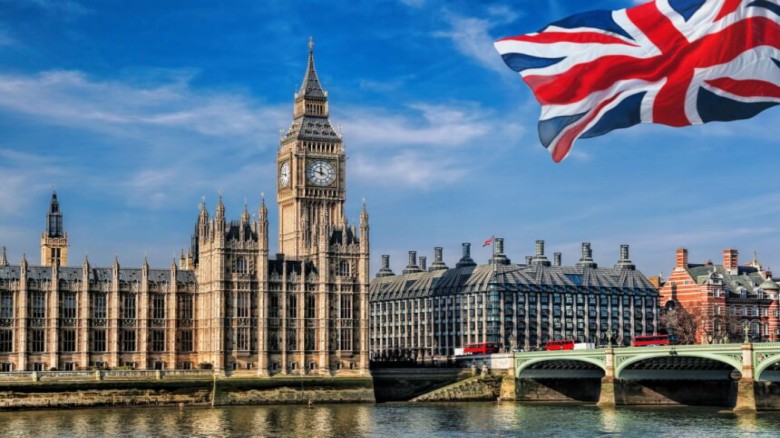
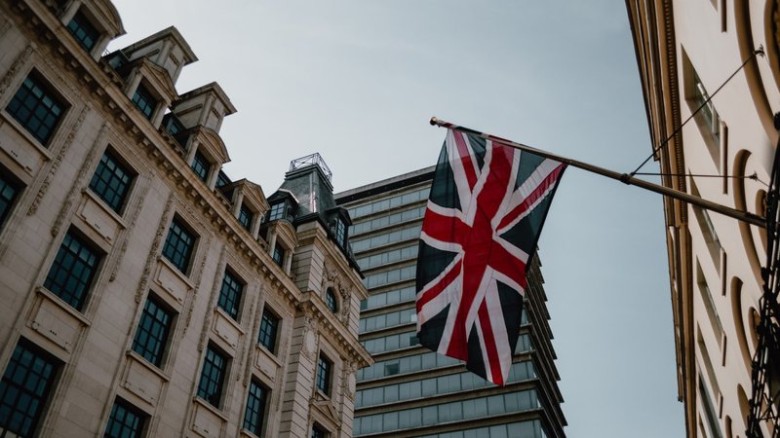








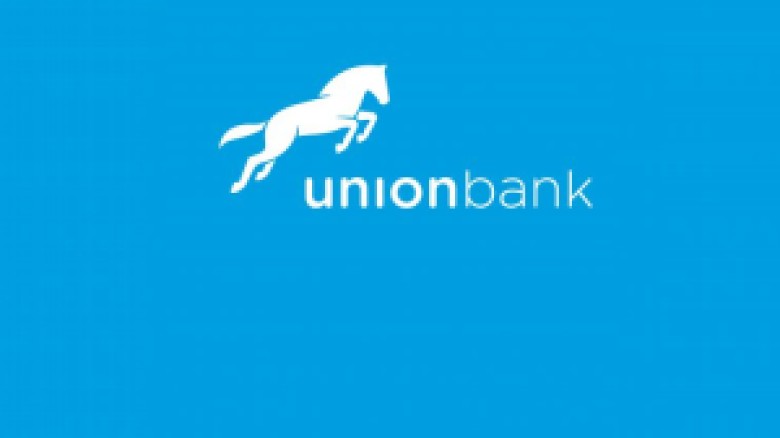
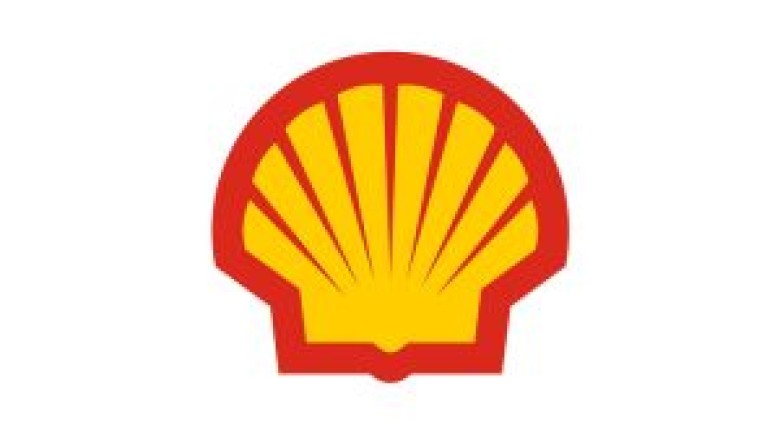



Leave A Comment